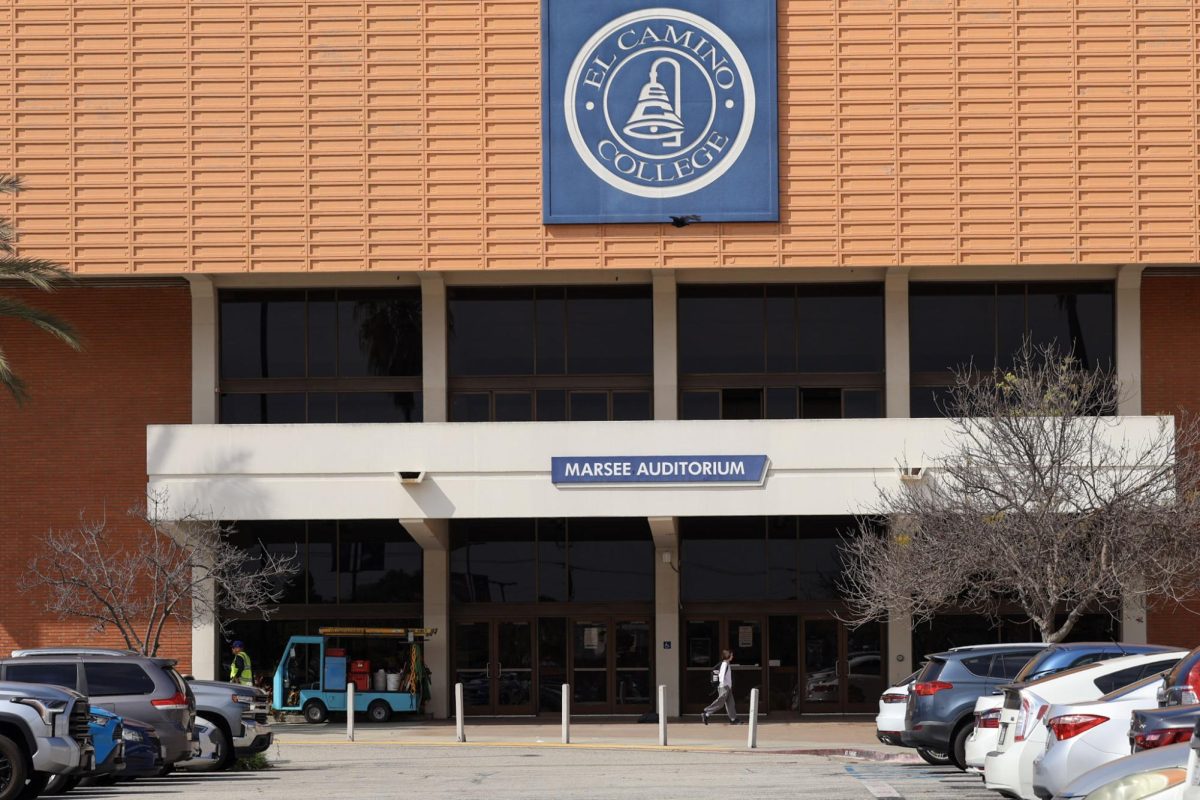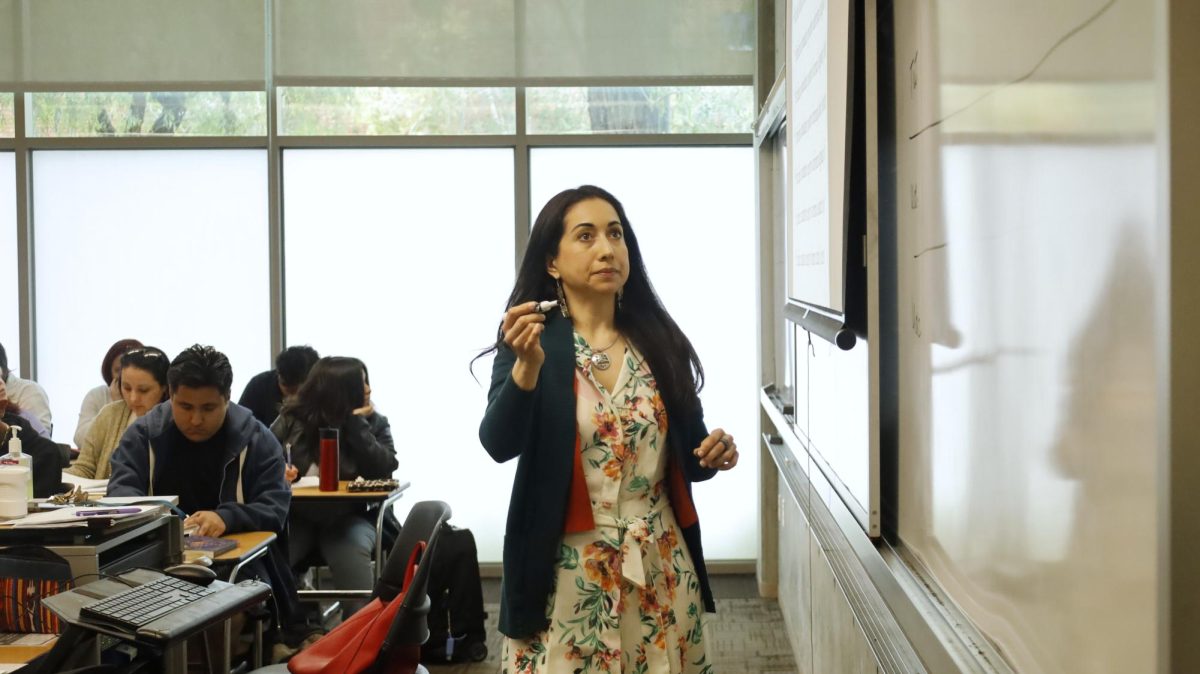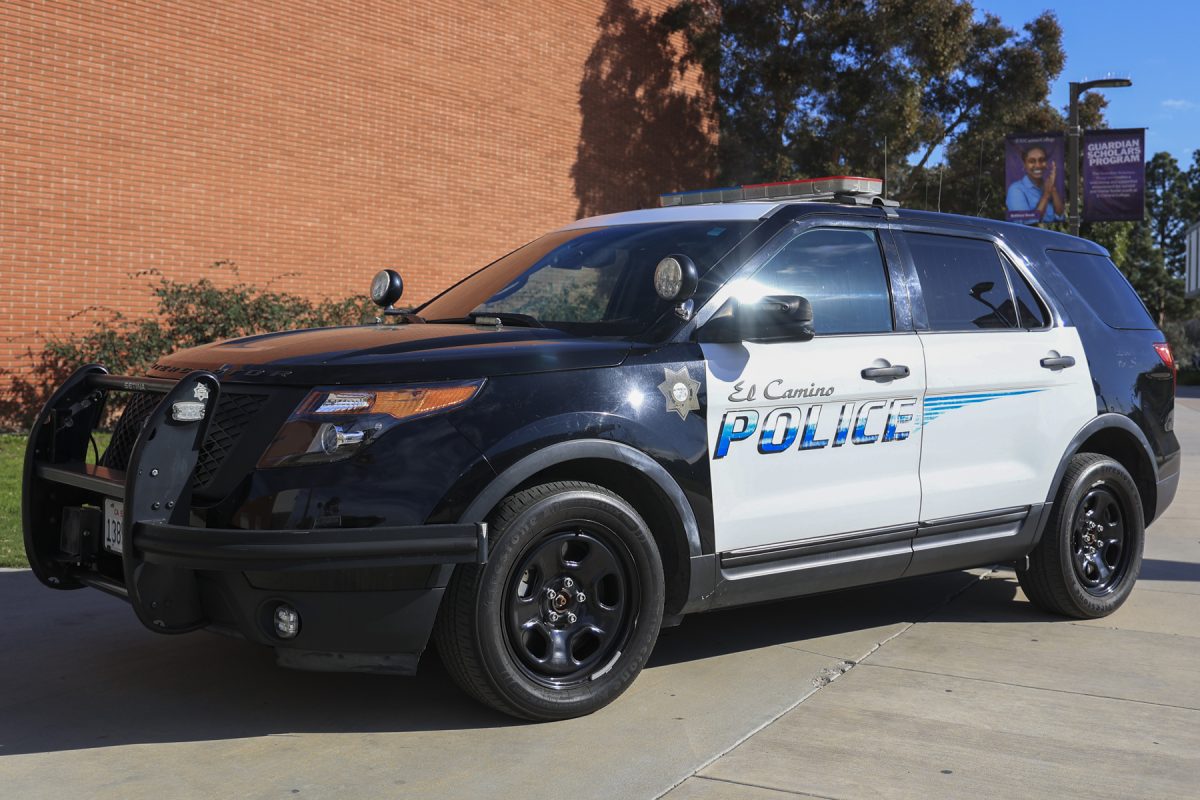El Camino College has made efforts to bring Open Educational Resources to campus by participating in free textbook costs for students while having more to do in order to satisfy California’s mandate.
The Zero Textbook Cost (ZTC) movement started in California in 2017, spurred by the Open Access Movement across California aiming to make higher education affordable and accessible for students through no-cost educational materials; primarily free textbooks costs. Open educational resources (OERs) allow for freely distributed educational resources.
“Zero textbook cost classes mean that the student who’s enrolled in that class does not have to pay for a textbook, a homework code or those sorts of learning materials,” said Mary McMillan, an El Camino College (ECC) digital resources librarian and chairwoman of the OER Advisory Committee.
Since 2017, ECC has been in the process of implementing OERs like zero textbook costs with leaders like McMillan.
McMillan said that there are over 70 faculty members using open educational resources and 275 zero textbook cost class sections.
While ECC is rolling out this free textbook program, there is still work to be done.
Despite the accomplishments, McMillan said ECC is still one of 39 community colleges in California listed as lacking in ZTC information.
Because of the Open Access Movement, Governor Gavin Newsom has agreed to commit $115 million to California’s community colleges to create ZTC degrees, where a full degree path is free of textbook costs. Colleges must meet certain criteria for these degrees to work.
According to state mandate CA SB1359, “CCCs [California Community Colleges] are required, in law, to mark ‘no cost’ sections.”
Zero textbook cost information is available through a tool that current students can access to plan their course schedules at ECC.
Only presently enrolled students at ECC have access to ZTC information, while prospective students do not. However, as McMillan said, this accessibility is in the works for everyone to have.
El Camino is hoping to transition into making zero textbook cost notations “clearly searchable and visible as an attribute in [their] online public schedule,” which would ensure that anyone can have access to such information, McMillan said.
ECC has not satisfied the legal state mandate requirement for zero textbook costs.
“The state now has a requirement that all the community colleges and the Cal State university systems place in their online course schedule a means for students to clearly search in their public schedule which classes are zero textbook cost,” McMillan said.
ECC is working on this resource but still has more to do in order to meet state requirements, such as making more ZTC information available to current students and the general public.
Students on ECC’s Associated Students Organization’s (ASO) Executive Cabinet, such as Karina Ramirez, student trustee, and Andrea Fernandez Cruz, director of Public Relations, are working to increase student awareness of these free educational materials.
Ramirez said they promote zero textbook costs through flyers and posts on social media such as ECC’s ASO Instagram and that students “get really interested” when hearing about OER.
Implementing resources such as ZTC gradually gives low-income students more opportunities to pursue degrees they are passionate about.
Ramirez said scholarship recipients, “would practically be attending college while getting an education for free” using zero textbook costs.
The current registration system for ECC also has an option where students can choose zero textbook cost courses when they click to add a class, to “filter and actually find these courses,” Ramirez said.
This allows for students more access to ZTC information, adding convenience as they have it right in front of them.
Faculty at ECC also understand how limiting overpriced materials can be for their students.
ECC Dean of Industry and Technology, David Gonzales, said his department is “always working to reduce the costs of textbooks to students.”
The department has many trade-related programs, meaning demand for high-quality materials to ensure students are learning skills thoroughly, but often with higher textbook fees.
Gonzalez said, if a cheaper alternative to textbooks exists, it would suggest that the “learning outcome of the course is met, and that’s highly advantageous to the students,” because they can afford these educational materials.
For students and faculty, ZTC was significant to their college experience. For some students, these zero costs could be the difference between staying in college or not.
McMillan said that across California and at ECC, new technologies, opportunities, and potential collaborations are being looked at and that these opportunities bring the prospect of academic freedom, opening possibilities of customizing new, free materials for students to access.
They are “giving us the way to provide this opportunity to students to remove barriers for them,” McMillan said.


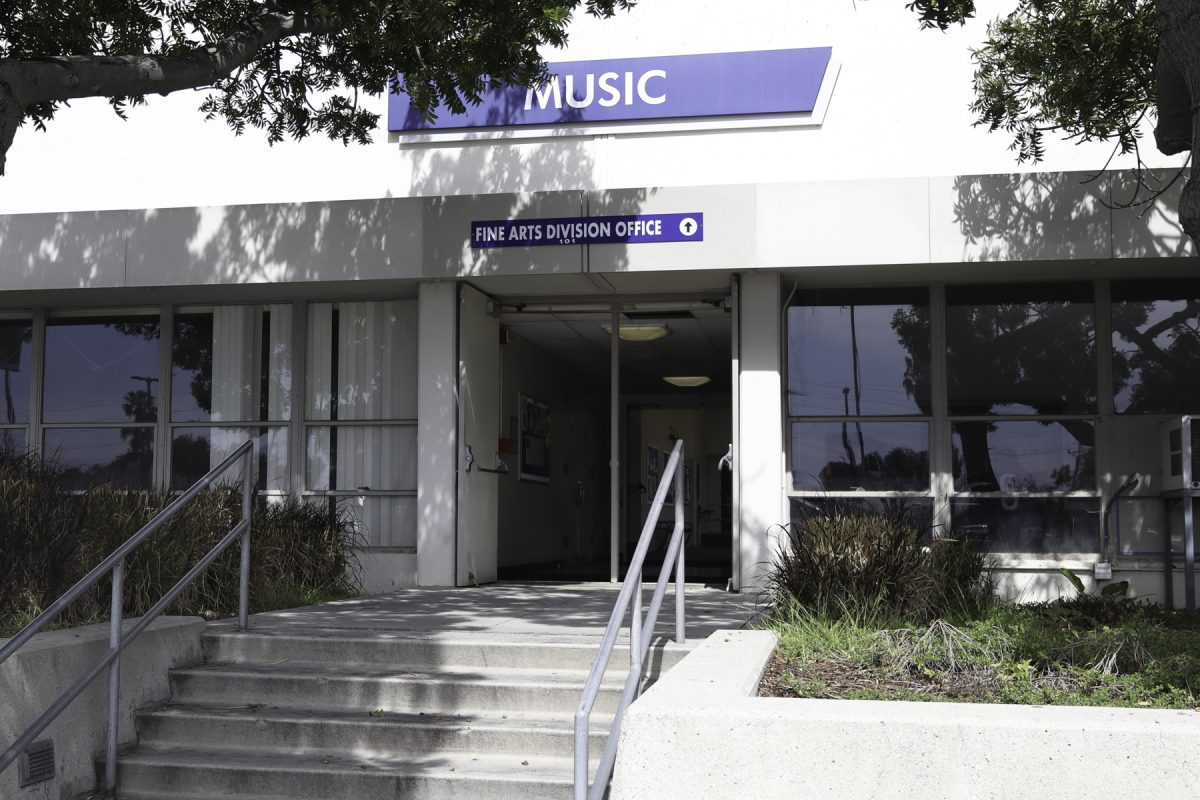
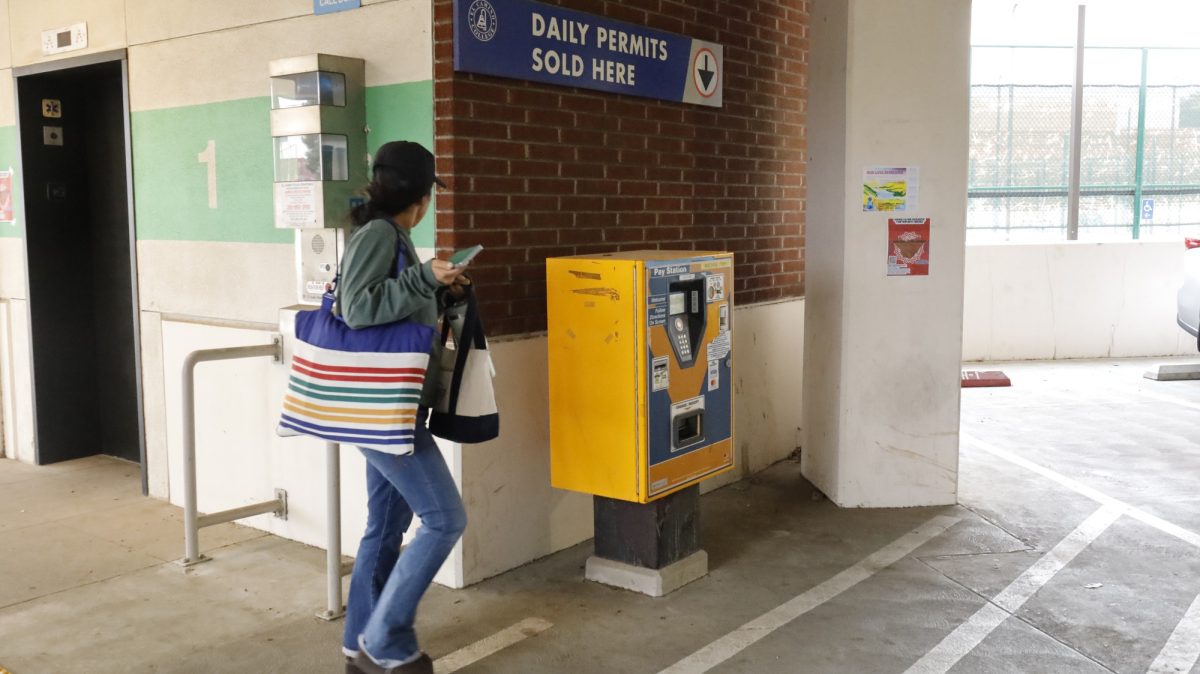
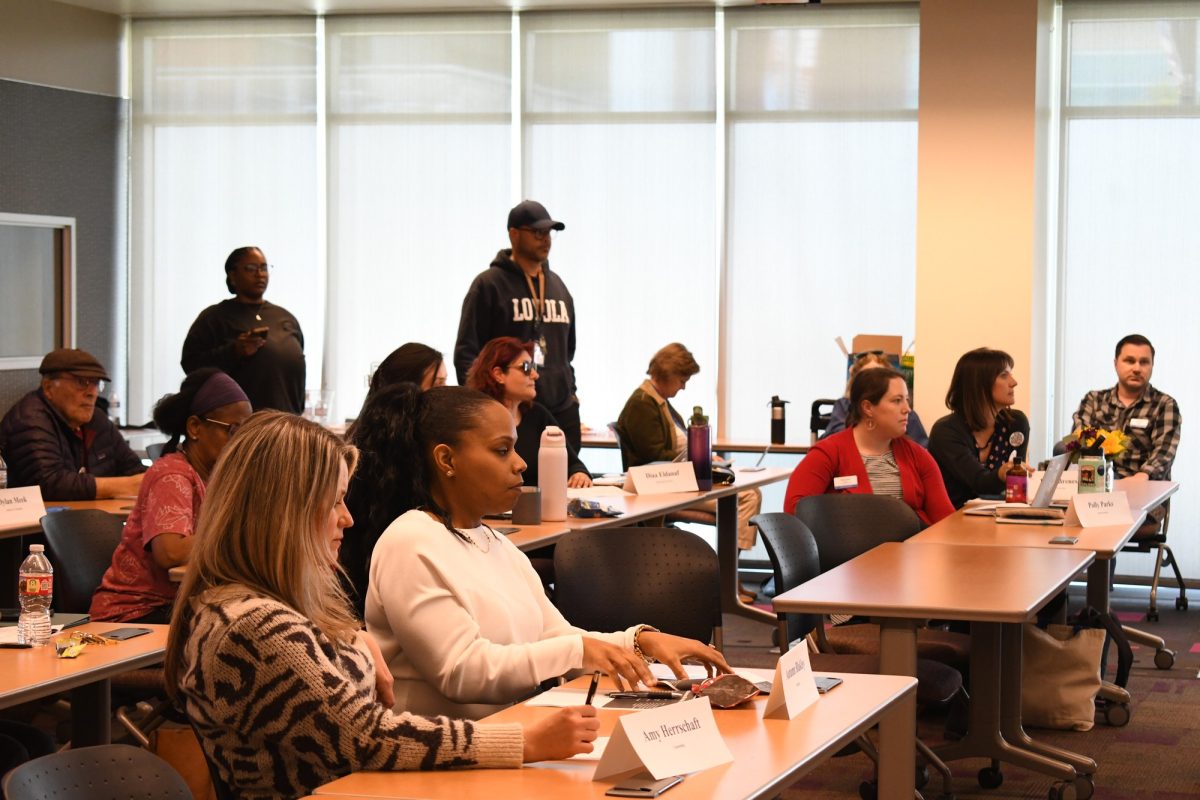

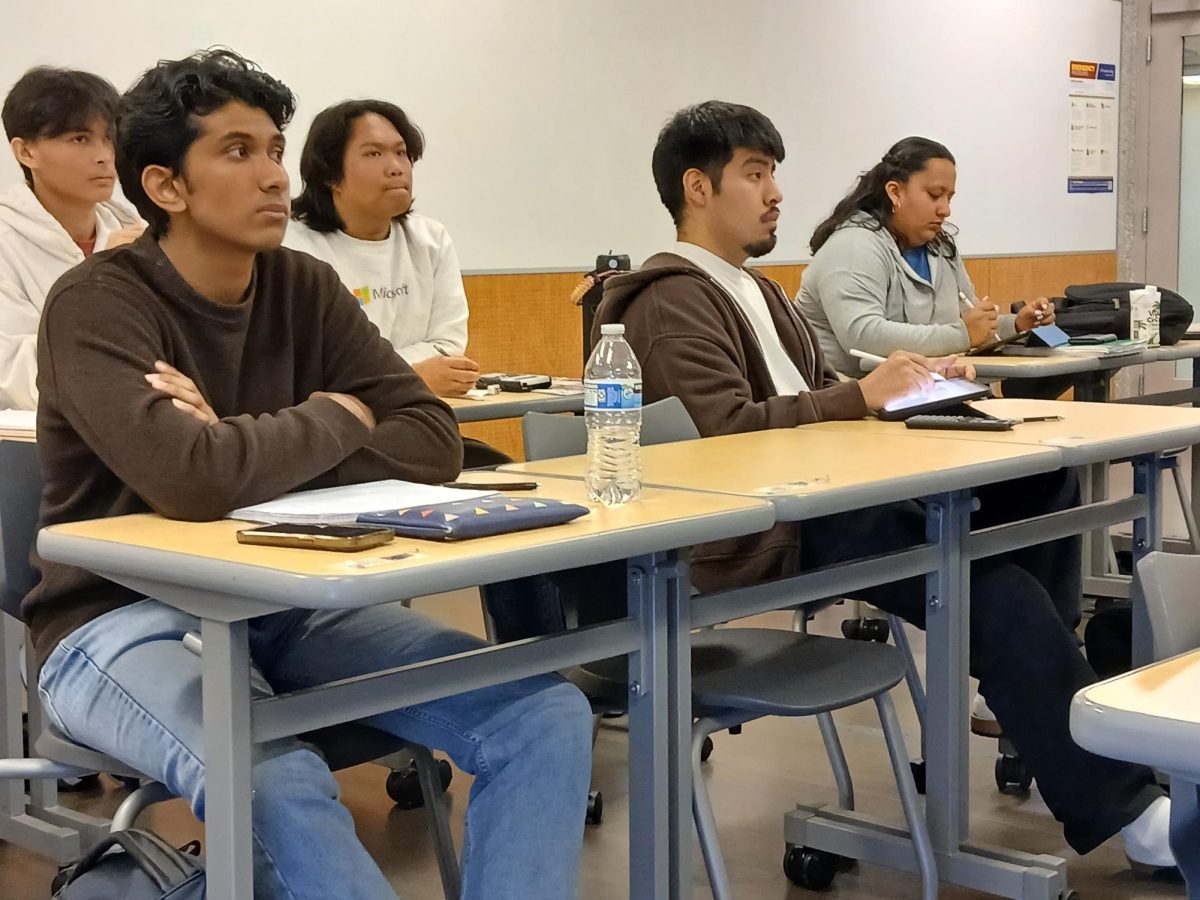
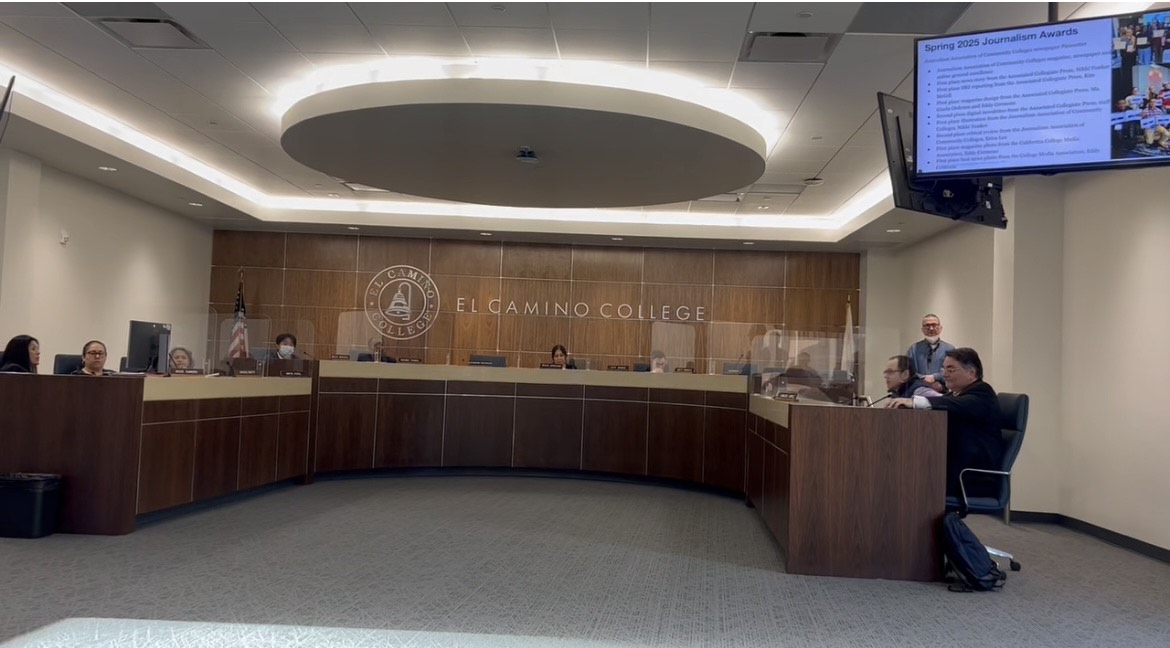

![Physics and astronomy professor Susan Stolovy presents astronomical news and updates to attendees at the first planetarium show of the semester at El Camino College on Friday, March 28. Prior to becoming a professor at ECC, Stolovy completed her doctorate in physics and worked as an astrophysicist for NASA and the California Institute of Technology on spacecraft missions. "[I'm] still very tuned into what's going on in the world of research as well, and I hope to bring a little bit of my experience into the classroom," Stolovy said. (Nikki Yunker | The Union)](https://eccunion.com/wp-content/uploads/2025/03/planetarium-Made-with-Clipchamp-3-frame-at-0m28s-1200x675.jpg)
